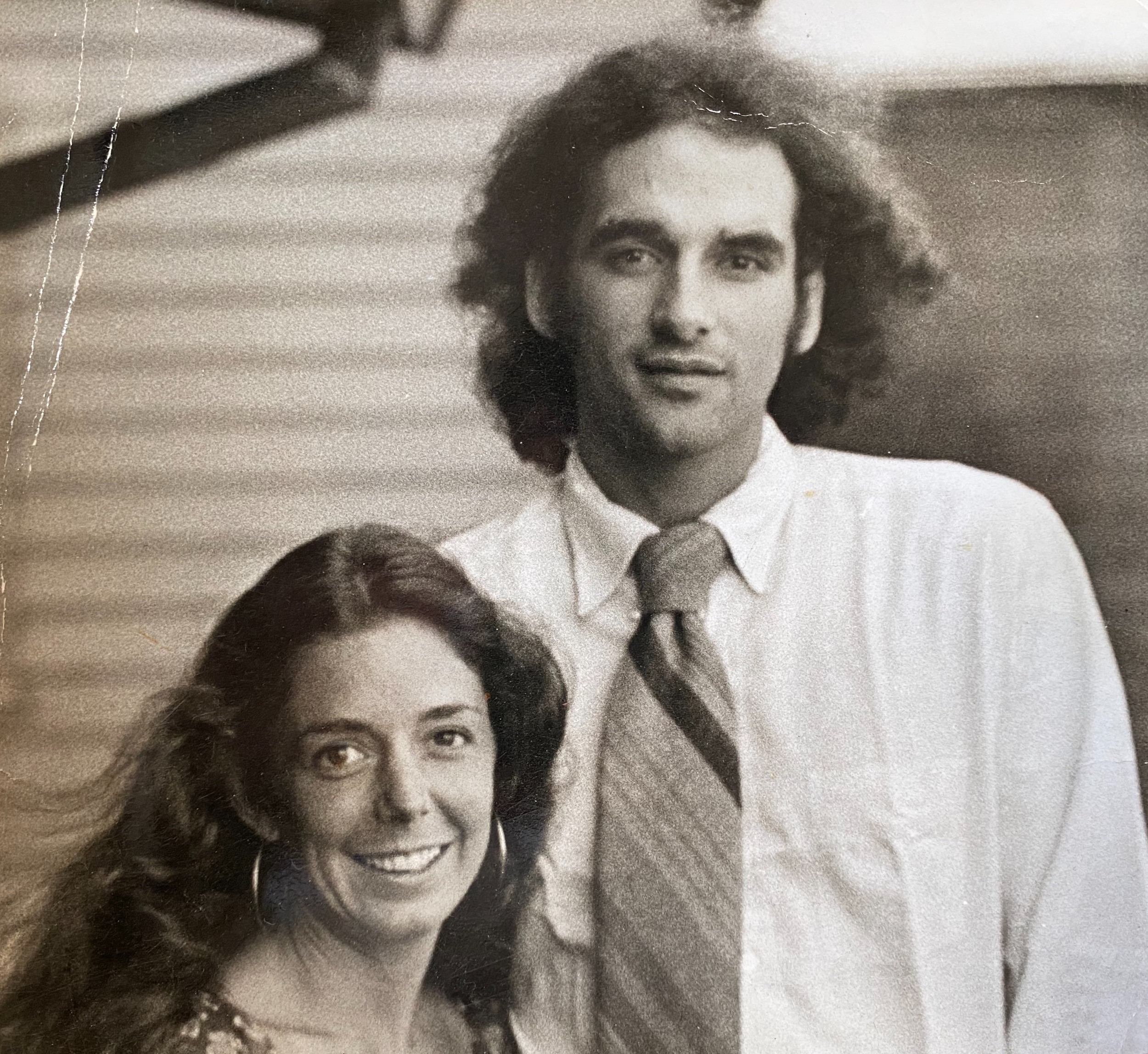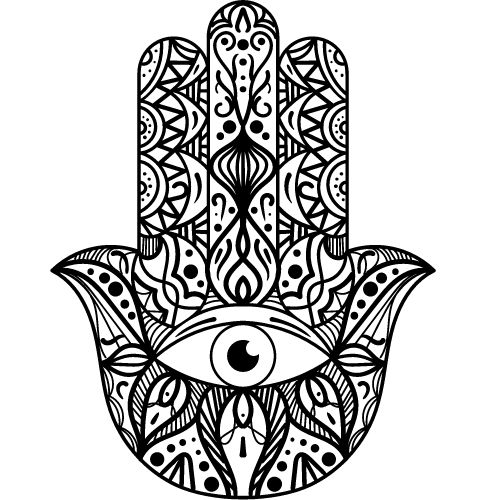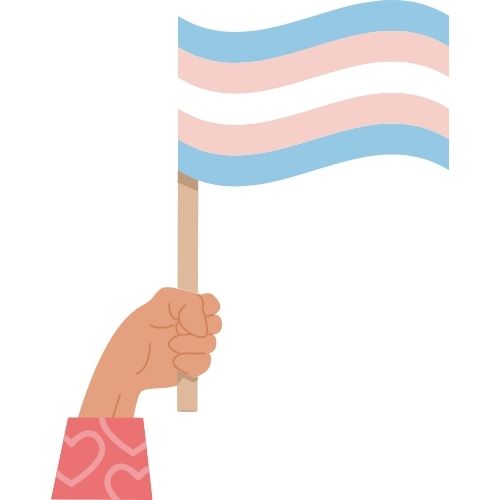 |
Mount Tamalpais (photo by Brent Peters)

I am originally from the San Francisco Bay Area, where I grew up in the shadow of Marin County's Mount Tamalpais. My parents, commensurate hippies, met in Aspen, Colorado in the early 1970's before relocating to my mother's native California. My dad, who grew up in Boston, still lives in the house he built in small-town West Marin before I was born.
Unlike many academics, I was not a very scholastically-inclined young person and instead imagined myself going into an artistic profession. I dropped out of high school toward the end of my sophomore year and was legally emancipated shortly after my 15th birthday. This was also around the time I came out as trans, so my emancipated status allowed me not only to move out on my own and begin taking college classes at that tender age, but also to make transition-related decisions at a time when access to medical transition among trans minors was extremely rare.
After a brief stint studying design at San Francisco's Fashion Institute of Design and Merchandising, I realized that a more academic program of study would probably be a better use of my skills. From there I went on to College of Marin and City College of San Francisco, and I credit the California community college stytem for making it possible for a high school drop-out to build an academic career. I transferred to San Francisco State University, where I majored in philosophy.

Though I loved my time at SFSU, philosophy was not for me. Luckily, I took my first linguistics class - Phonology and Morphology with Shelly Waksler - during my final semester as an undergrad, and knew I'd found my academic home. I enrolled in SFSU's MA program in linguistics with no intention of working on trans issues, but this changed when I took a seminar on language and gender in 2004 with Troi Carleton. I quickly realized that little had been published on language in the kinds of trans communities I knew best, and what did exist was often highly problematic (see "Transgender language, transgender moment: Toward a trans linguistics" for more on this history). Every topic we discussed in that seminar seemed like it would beneift from a trans perspective. From here, the next step was to the University of Colorado, where I studied under Kira Hall, a pioneer in the study of language, gender and sexuality in non-normatively gendered communities. You can see a fuller academic geneology on the Academic Family Tree site (it goes back to both Peirce and Hegel! ).
By the time I completed my PhD, I underwent a shift in the visibility of my identity. I had previously settled into a comfortably stealth life, but the further I went with my academic career, the clearer it became that being openly trans would need to be a critical part of my place in linguistics, both in recognition of its importance to my research and because it would allow me to address transphobia in linguistics and make more space for trans scholars within the discipline that could not be possible if I were stealth. My reluctance to being openly trans at that time in my life inspired my first journal article, which was on the topic of coming out as transgender ("'The other kind of coming out': Transgender people and the coming out narrative genre") and critiqued the moral imperative to come out as applied to trans people. In this sense, my research agenda has always been inspired by the lived experience of trans people, including myself.

Another important part of my life and experience as an academic is chronic migraine. For most of the past 20 years I've had migraine symptoms, to varying levels of intensity. more or less every day. Though I have many strategies to deal with it, it tends to affect my stamina, especially for spending time in front of a computer screen or at all-day events like conferences. I am also very sensitive to smells and fluourescent light.
These days, I spend my time split between Santa Barbara and San Francisco. When I'm not working with language, I enjoy exploring California, making friends with animals, good vegetarian food, movies (especially documentaries and non-mainstream film fests), reality television (especially where gender and sexuality come into play), dancing, following politics at various levels of locality, and ruining people's good time with critical analyses of everyday life. I am also interested in body modification practices and am a small-time tattoo collector; my collection currently includes an empty vowel chart (which makes a fun party trick) and, so far, each of the others features a different language (in order: English, Latin, Greek, and Spanish).
